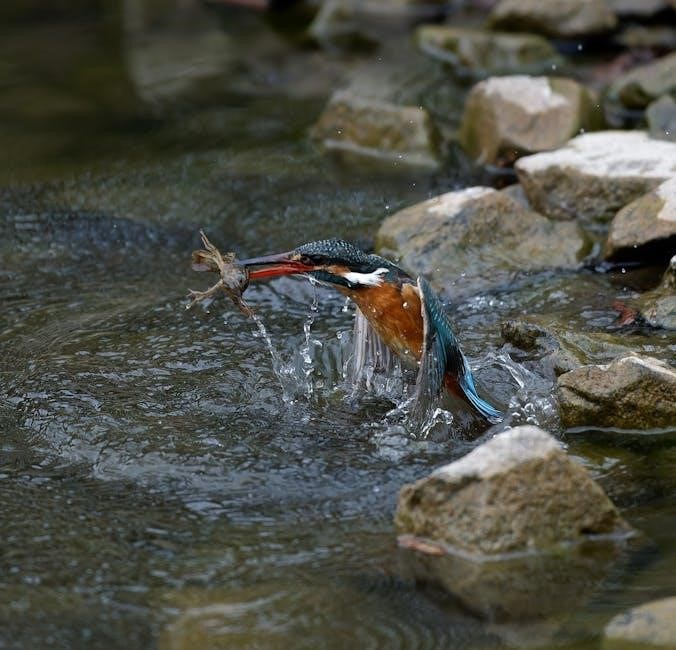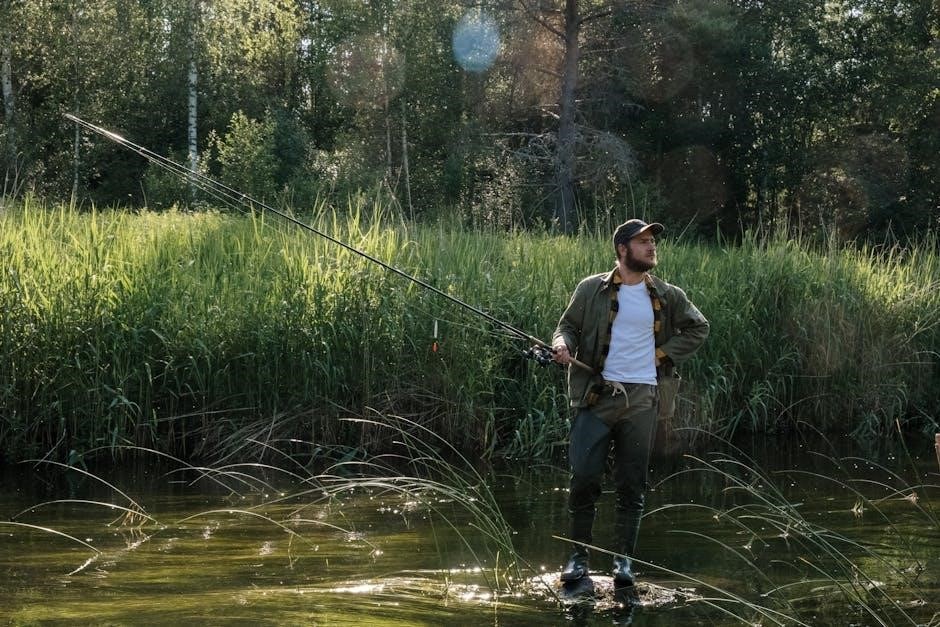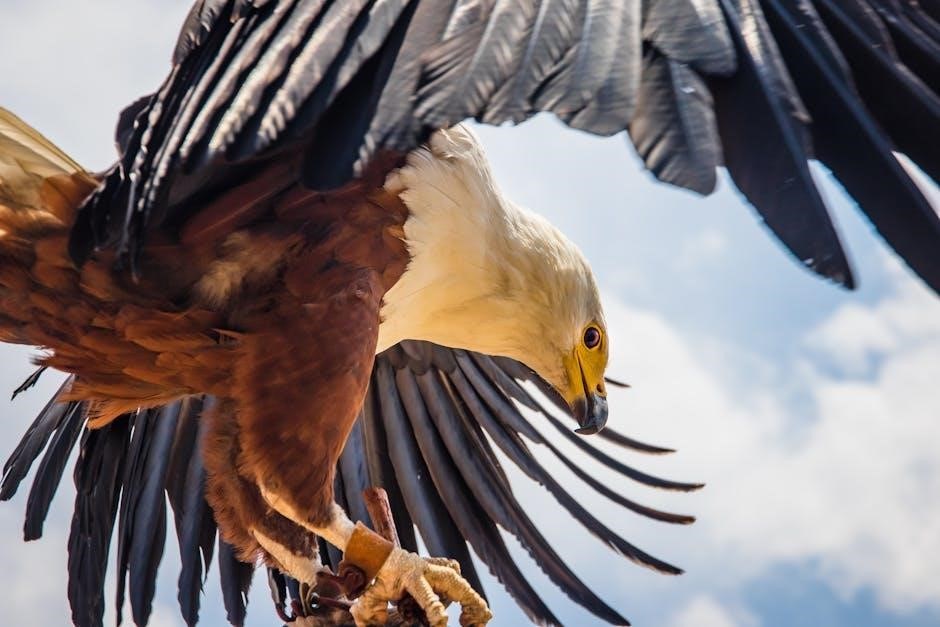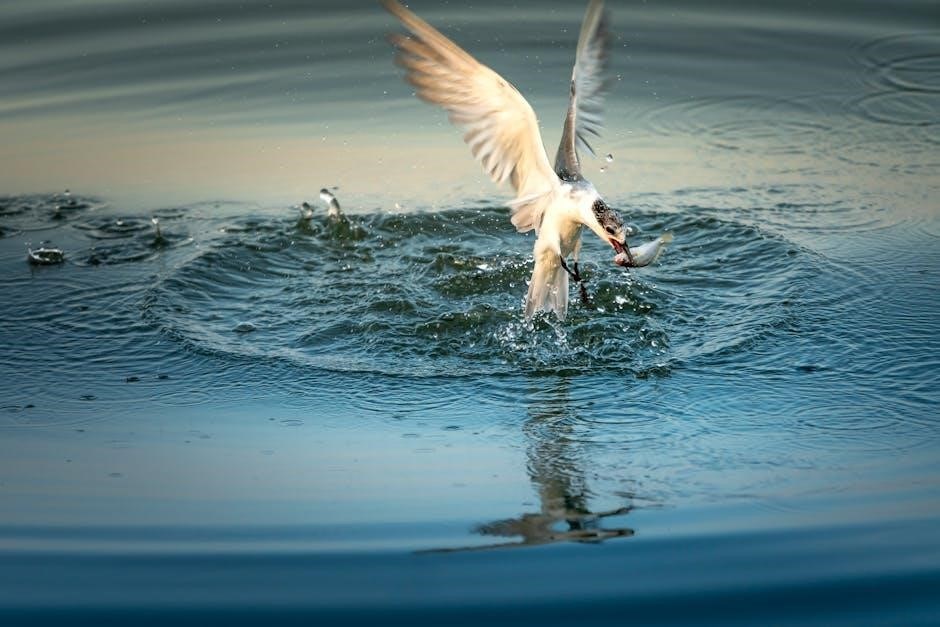To become a fly fishing guide, evaluate your qualifications, ensuring you have the necessary skills, temperament, and passion for the craft. Skill evaluation and training appraisal are foundational, requiring you to measure your fishing abilities and knowledge of angling techniques to guide others effectively. This role demands patience, discipline, and a commitment to teaching, making it essential to balance technical expertise with interpersonal skills to succeed in this rewarding profession.
Fly fishing guiding is a rewarding profession that combines a deep passion for fishing with the ability to teach and guide others. It requires a unique blend of fishing expertise, patience, and interpersonal skills. Unlike traditional fishing, guiding focuses on helping others master the craft, making it as much about teaching as it is about fishing. Aspiring guides must evaluate their own qualifications, ensuring they possess the necessary skills, knowledge, and temperament to excel in this role. This introduction sets the stage for understanding the multifaceted responsibilities and rewards of becoming a fly fishing guide, emphasizing the importance of dedication and a genuine love for the sport.

Building Your Fly Fishing Skills
Mastering fly fishing requires dedication to improving casting techniques, understanding fish behavior, and refining gear usage. Continuous practice and learning are essential to excel in this craft.
2.1. Mastering Casting Techniques
Mastering casting techniques is a cornerstone of fly fishing. Begin with the basic overhead cast, then progress to roll, switch, and spey casts. Practice regularly to build muscle memory and accuracy. Understanding how line weight, leader length, and fly selection affect casting dynamics is crucial. Patience and repetition are key—spend time on water refining your skills. A smooth, precise cast not only enhances fishing success but also inspires confidence in clients. As a guide, you’ll need to demonstrate and teach these techniques effectively, making mastery essential for both personal and professional success in the field.

Gaining Experience in Fly Fishing
Gaining hands-on fly fishing experience is vital. Start by volunteering or assisting experienced guides to learn techniques and client interaction. Consistent practice on various waters builds expertise and adaptability, ensuring a strong foundation for guiding others effectively.
3.1. Starting as a Fishing Assistant or Volunteer
Starting as a fishing assistant or volunteer is an excellent way to gain practical experience. By working alongside experienced guides, you’ll learn essential techniques, client interaction, and river management. Volunteering allows you to observe and participate in guided trips, offering valuable insights into the daily responsibilities of a guide. This hands-on approach helps you understand the challenges and joys of the role while building your skills and confidence. Additionally, it provides opportunities to network with professionals in the industry, which can lead to future opportunities. This foundational experience is crucial for developing the expertise needed to become a successful fly fishing guide.
Obtaining Necessary Certifications and Licenses
Securing a boating safety certificate and a fishing guide license is essential. These credentials ensure compliance with regulations and demonstrate professionalism, building trust with clients and authorities alike.
4.1. Boating Safety Certificate and Fishing Guide License
Obtaining a boating safety certificate is crucial for operating watercraft legally and safely. Many states require this certification for guides. Additionally, a fishing guide license is mandatory, with fees varying by state. In Montana, for example, the annual reapplication fee is $150. Insurance is also necessary, as standard boat policies don’t cover commercial activities. Professional liability insurance, such as that offered through AFFTA, protects against accidents and lawsuits, with premiums starting at $400 annually for independent guides. These certifications and protections are vital for a legitimate and secure guiding career.
Investing in the Right Gear
Investing in quality fly fishing gear is essential, including rods, reels, extra spools, flies, lines, and leaders. A reliable boat, trailer, and insurance are also critical investments for a successful guiding career.
5.1. Essential Equipment for Fly Fishing Guides
Fly fishing guides require a range of specialized gear to ensure successful outings. High-quality rods, reels, and extra spools are indispensable, along with a variety of flies, lines, and leaders suited for different conditions. A reliable boat and trailer are necessary for float trips, while waders, boots, and waterproof gear are essential for river excursions; First aid kits, navigation tools, and communication devices are critical for safety. Guides must also carry backup equipment to address accidental breakages or losses. Investing in durable, professional-grade gear ensures efficiency and credibility, making it a cornerstone of a successful guiding career.
Understanding Business Operations
Understanding business operations is crucial for fly fishing guides, involving financial planning, insurance, and licensing. Guides must manage expenses, balance income, and adhere to local regulations to ensure profitability and compliance. Proper budgeting and record-keeping are essential to maintain a sustainable business model. Insurance costs, such as professional liability coverage, typically range from $400 annually, with additional fees for licenses and permits varying by state. Efficient business management ensures long-term success in this competitive field.
6.1. Financial Planning and Insurance Requirements
Financial planning and insurance are critical for fly fishing guides. Professional liability insurance, costing around $400 annually, is essential to cover risks during guided trips. Guides must also budget for licenses, permits, and gear maintenance. Income varies by location, with top guides earning up to $400 daily in high-demand areas. Proper financial management ensures sustainability, balancing expenses like boat maintenance and equipment with revenue from bookings. Additionally, guides must track income and expenses for tax purposes. Insurance protects against accidents, while smart budgeting helps navigate seasonal fluctuations in demand, ensuring long-term profitability and business stability in this competitive field.
Developing Client Interaction Skills
Developing strong client interaction skills is crucial for fly fishing guides. This includes effective communication, patience, and teaching abilities to ensure a positive experience for anglers of all skill levels.
7.1. Communication, Patience, and Teaching Abilities
Effective communication is vital for guiding clients, ensuring clear instructions and feedback. Patience is equally important, as clients may vary in skill level and experience. Developing strong teaching abilities allows guides to break down complex techniques into understandable steps, fostering confidence and improvement in anglers. These skills create a positive and supportive environment, enhancing the overall fishing experience and building a loyal client base. Mastering these traits ensures that guides can adapt to diverse client needs, making each trip enjoyable and educational.

Conservation and Environmental Stewardship
Fly fishing guides play a crucial role in conservation and environmental stewardship, advocating for habitat preservation and promoting sustainable fishing practices to protect aquatic ecosystems for future generations.
8.1. Role of Guides in Habitat Preservation
Fly fishing guides are essential ambassadors for habitat preservation. They actively promote conservation by educating clients on sustainable practices and the importance of protecting aquatic ecosystems. Guides often collaborate with local organizations to maintain river health, ensuring that fishing locations remain pristine for future anglers. By fostering a deep appreciation for nature, they inspire clients to support environmental efforts. Additionally, guides lead by example, adhering to strict guidelines to minimize their ecological footprint during excursions. Their role extends beyond fishing, making them key advocates for the preservation of natural resources and biodiversity in the regions they serve.

Marketing and Promoting Your Services
Effective marketing is crucial for attracting clients as a fly fishing guide. Build a strong reputation through referrals and online reviews. Engage on social media and network locally to grow.
9.1. Building a Reputation and Client Base
Building a strong reputation as a fly fishing guide is essential for long-term success. Start by ensuring client satisfaction, as referrals and online reviews are critical. Engage with your audience through social media, sharing tips and photos to showcase your expertise. Network with local tackle shops, lodges, and outdoor organizations to expand your visibility. Consistency and reliability in your services will help establish trust. Offer personalized experiences tailored to clients’ needs to encourage repeat business and word-of-mouth referrals. A loyal client base is the foundation of a thriving guide service, so prioritize exceptional customer interactions and follow-up communication.
Becoming a successful fly fishing guide requires dedication to mastering skills, gaining experience, and building a strong reputation. It involves balancing technical expertise with client-focused service and a passion for conservation. While the journey is challenging, the rewards of sharing the sport you love and connecting with nature make it deeply fulfilling. By following the outlined steps, aspiring guides can navigate the path to a career that combines their passion for fly fishing with the joy of guiding others. Remember, success lies in patience, continuous learning, and a commitment to preserving the sport for future generations.